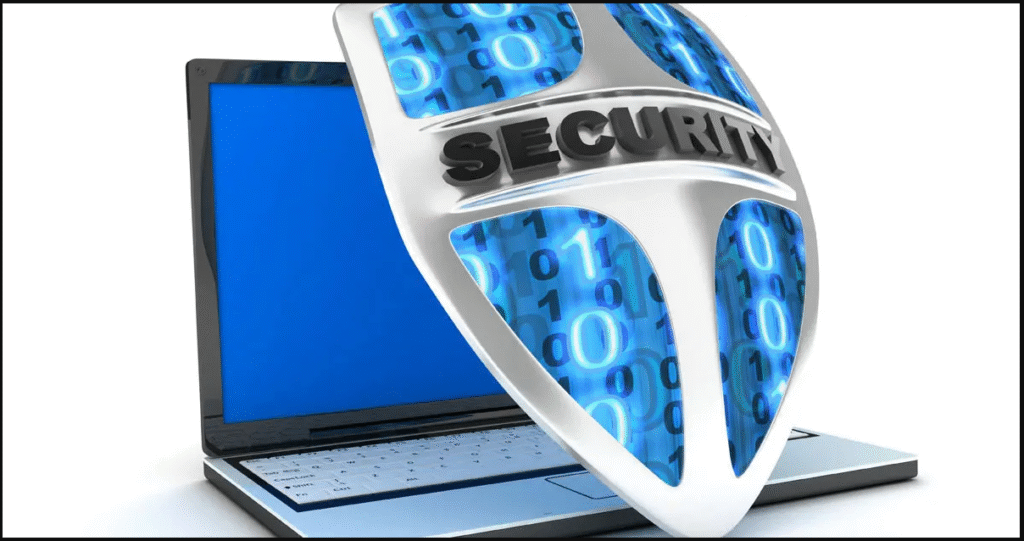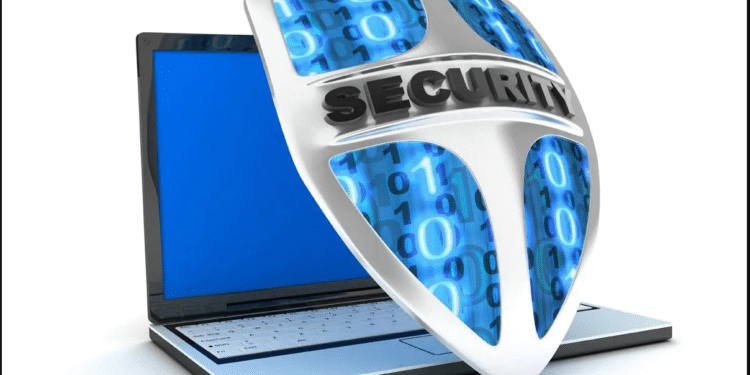Antivirus vs Anti-malware As Fast As Possible
In a perfect world, there would be no viruses or other diseases, and no one would ever get sick, but since little nasties that make you feel lousy do exist, prevention seems like a pretty good idea, doesn’t it.
Now, for people, the solutions are pretty well established, but online. It’s not always so clear that computer nasties can be hidden in links, downloaded files, and even pop-ups or other advertisements.
So you’ll need software to protect yourself, but how do you know which one? Most internet security companies try to market their service as one of two things: antivirus or anti-malware, but wait a second – malware is just any software that smells or is bad, so what makes viruses just a subset of that what gives?
Let’s think of security software as people and viruses as music or something, an anti-virus program would be kind of like your dad, sure, he’s got a lot of life experience, which is great, but his taste in music, ah.

It’s pretty much straight oldies. It takes a lot of repetition for a new song to enter his repertoire, antivirus programs in much the same way are mostly effective on the more classic types of malware, or at least the types that have been seen.
The most pressing things like worms, Trojans, and some key loggers will be on their watch list but often trendier types of malware, like zero day or zero hour exploits ones that take advantage of a vulnerability almost immediately after it’s found before the software maker has any time to patch it are not covered anti-malware programs are kind of like Dad’s teenage daughter.
They have to be up on the latest trends, the most popular new songs, but they may have never heard of Hey Jude or Yellow Submarine.
The software that anti-malware companies make in the same way is much more, you know, hit poor it or with it, and this is important because without great software like Malwarebytes, for example, some zero-day or zero-hour exploits would exist for months.
Before we got a reliable fix, potentially compromising the security of thousands or even millions of people, depending on the severity of the thing about them, though, is.
They often don’t worry about keeping a fix for viruses that are months or years old around because by that time, antivirus programs should have them covered.
So then, if antivirus and anti-malware programs attack different types of malware, how do you determine which one you should use? The answer is both hold on a second, there.
I’ve heard that running two security programs simultaneously is bad for performance that is definitely true and if you use both a real-time scanning antivirus and anti-malware program at the same time that could slow down your PC and can even cause conflicts between the two programs scan functions know the trick is to run an active anti virus scanner that serves as a catch-all and have an on-demand anti-malware program that you can run full scans with periodically.
When you notice a change in your computer’s performance but how should you determine which program to use well the answer and I know this is a bit of a cop-out but it’s true is to do your research at the time you’re getting it watch out for paid options that are redundant or only applicable in a setting with multiple simultaneous users like in a small business.
Check out the latest reports on the effectiveness of the various software out there because they’re changing relative to each other all the time. The good news is that there are a ton of awesome antivirus and anti-malware services out there, and though.
This may surprise some of the less tech-savvy viewers; free does not equal bad when it comes to these services.
By the way, I want to give a big shout-out speaking of free to Lifehacker for writing this article for free, which served as an inspiration for this video.











